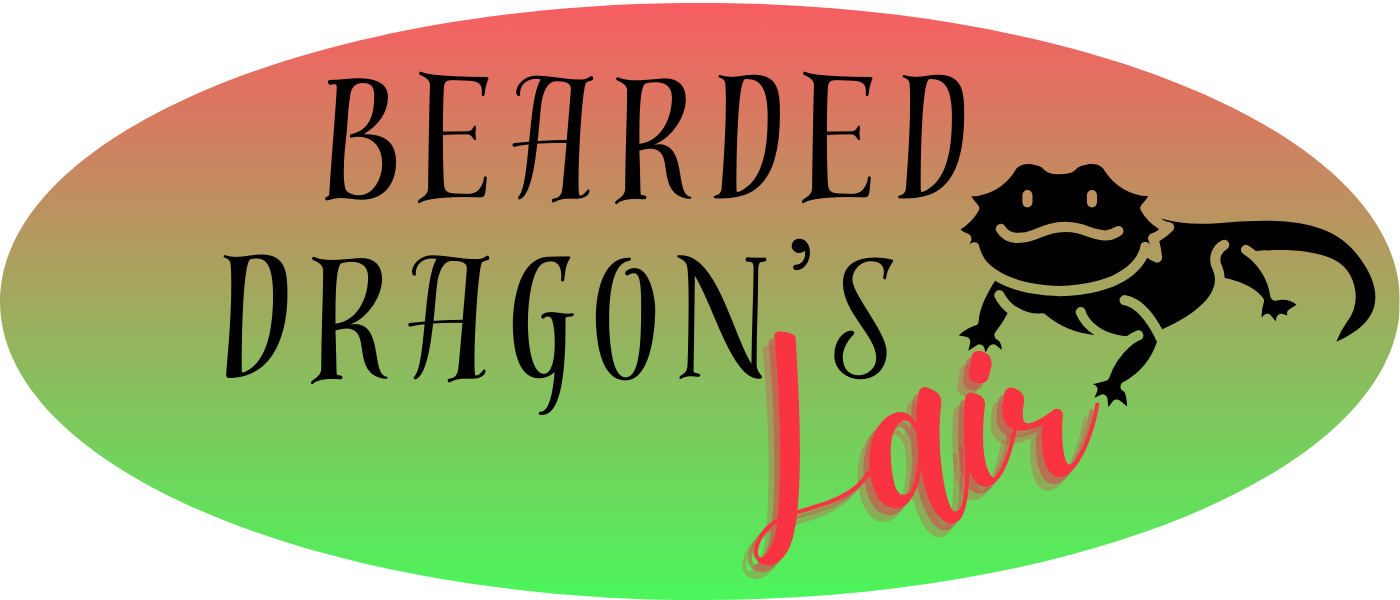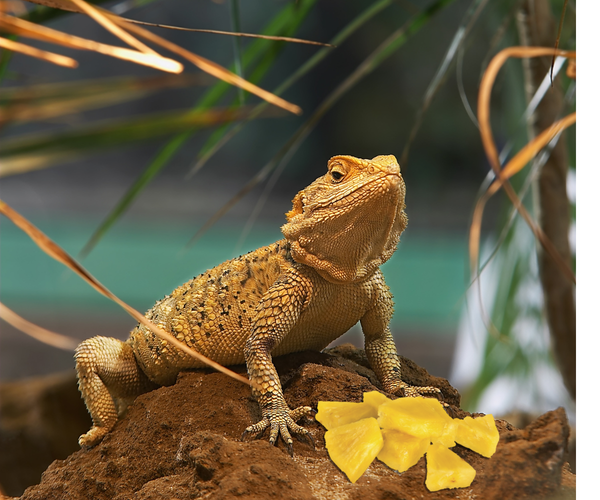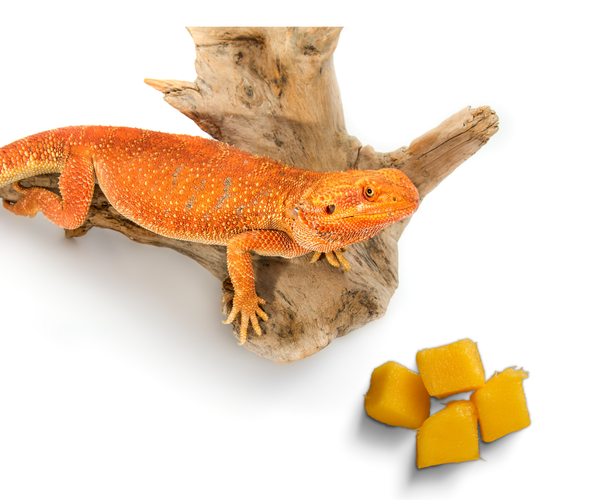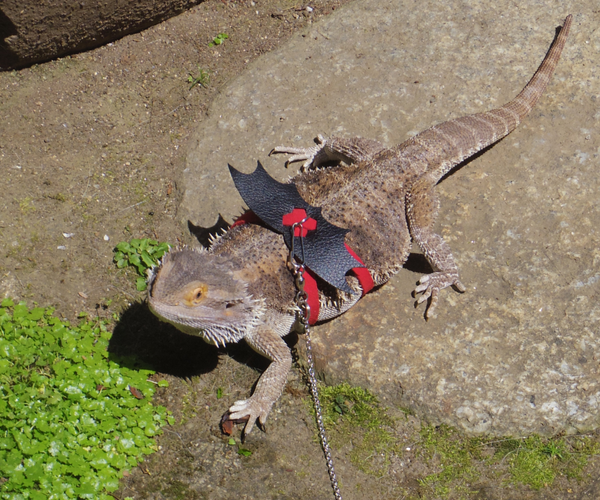Can Bearded Dragons Eat Grapes?
Grapes are rich in vitamins and water content, which can be beneficial for hydration and nutrition. However, they also contain a significant amount of sugar, which can lead to health problems if consumed in excess.
Bearded dragons are popular pets known for their docile nature and unique appearance. As a bearded dragon owner, it's crucial to understand the dietary needs of your scaly friend. One common question that arises is whether bearded dragons can eat grapes. This article will delve into the suitability of grapes in a bearded dragon's diet, ensuring you have all the information you need to keep your pet healthy and happy.
Key Takeaways:
- Grapes can be offered to bearded dragons but only as an occasional treat due to their high sugar content.
- It's important to properly prepare grapes before feeding them to your bearded dragon to avoid any health issues.
- Understanding the nutritional needs and potential risks associated with feeding grapes to bearded dragons is essential for their well-being.
Understanding Bearded Dragon Nutrition
Bearded dragons are omnivores, which means they require a balanced diet of both plant-based and animal-based foods. Their diet should consist of a variety of vegetables, fruits, and insects to ensure they receive the necessary nutrients for optimal health. While fruits like grapes can be a part of their diet, they should only be given in moderation.
Grapes are rich in vitamins and water content, which can be beneficial for hydration and nutrition. However, they also contain a significant amount of sugar, which can lead to health problems if consumed in excess. It's essential to balance the fruit intake with other dietary components to prevent issues such as obesity and dental problems.
The Pros and Cons of Feeding Grapes to Bearded Dragons
Grapes can be a tasty treat for bearded dragons, offering a change from their regular diet. They provide vitamins such as Vitamin C and antioxidants, which can support the immune system. Additionally, the water content in grapes can help with hydration, especially during warmer months.
However, the high sugar content in grapes poses a risk of weight gain and can contribute to the development of diabetes if fed too frequently. The small size of grapes also means they can be a choking hazard if not prepared correctly. It's crucial to weigh the benefits against the potential drawbacks before incorporating grapes into your bearded dragon's diet.
How to Prepare Grapes for Your Bearded Dragon
Before feeding grapes to your bearded dragon, it's important to ensure they are prepared safely. Always wash the grapes thoroughly to remove any pesticides or chemicals that could harm your pet. Organic grapes are a preferable choice to minimize the exposure to harmful substances.
Cut the grapes into small, manageable pieces to prevent choking. You can either slice them in half or quarter them, depending on the size of your bearded dragon. Removing the skin is not necessary, but make sure the pieces are small enough for your bearded dragon to eat easily.
Frequency and Portion Size: How Much is Too Much?
When it comes to feeding grapes to your bearded dragon, moderation is key. Grapes should only be offered as an occasional treat, not as a staple in their diet. A good rule of thumb is to provide grapes once every two weeks or less, ensuring that the portion size is appropriate for your bearded dragon's size.
A small bearded dragon might only need one or two small pieces of grape, while a larger dragon could handle a bit more. Always observe your bearded dragon after introducing new foods to ensure they do not experience any adverse reactions.
Nutritional Breakdown of Grapes for Bearded Dragons
Grapes are composed of water, sugar, fiber, and various vitamins and minerals. They are particularly high in Vitamin C and potassium, which can be beneficial in the right amounts. The fiber content can aid in digestion, although too much can lead to gastrointestinal issues.
It's important to consider the sugar content in grapes when adding them to your bearded dragon's diet. The natural sugars can lead to health problems if consumed in large quantities, so it's essential to keep grape servings small and infrequent.
Potential Health Risks of Overfeeding Grapes
Overfeeding grapes to bearded dragons can lead to several health issues. The high sugar content can cause obesity, which puts stress on the bearded dragon's organs and can lead to a shortened lifespan. It can also increase the risk of diabetes, a serious condition that requires veterinary care.
Additionally, too much fruit in the diet can cause diarrhea or other digestive problems. It's crucial to monitor your bearded dragon's health and adjust their diet as needed to prevent these potential risks.
Alternatives to Grapes in a Bearded Dragon's Diet
If you're looking for alternatives to grapes that are safer and healthier for your bearded dragon, consider other fruits and vegetables. Foods like bell peppers, squash, and leafy greens can provide essential nutrients without the high sugar content of grapes.
Fruits such as berries, apples, and melons can be offered in moderation as well. Always research and consult with a veterinarian before introducing new foods to ensure they are safe for your bearded dragon.
Understanding the Role of Treats in a Bearded Dragon's Diet
Treats like grapes should only make up a small portion of a bearded dragon's diet. The primary focus should be on providing a balanced diet rich in vegetables and insects, which more closely mimics their natural diet in the wild.
Treats can be used as a bonding tool or as a reward during training sessions. However, they should not replace the core components of the diet that provide the bulk of the nutritional value.
How to Monitor Your Bearded Dragon's Health and Diet
Regularly monitoring your bearded dragon's health and diet is essential for their well-being. Pay attention to their weight, behavior, and stool to ensure they are digesting their food properly. If you notice any changes or concerns, consult with a veterinarian who specializes in reptiles.
Keeping a feeding log can help you track what foods your bearded dragon is eating and how often they are receiving treats like grapes. This will assist you in maintaining a balanced diet and preventing overfeeding.
Summary
Grapes can be a part of a bearded dragon's diet, but they should be given with caution. Due to their high sugar content, grapes should be offered as an occasional treat and in small portions. Preparing grapes properly and understanding the potential health risks are crucial steps in ensuring your bearded dragon remains healthy. Always prioritize a balanced diet and consult with a veterinarian for personalized dietary advice.
FAQ Section
Q: How often can I feed my bearded dragon grapes? A: Grapes should be fed to your bearded dragon sparingly, ideally no more than once every two weeks. They should be considered an occasional treat rather than a regular part of their diet.
Q: Do I need to peel grapes before feeding them to my bearded dragon? A: No, you do not need to peel grapes before feeding them to your bearded dragon. However, you should wash them thoroughly and cut them into small pieces to prevent choking.
Q: What are some healthy alternatives to grapes for my bearded dragon? A: Healthy alternatives to grapes include vegetables like bell peppers, squash, and leafy greens, as well as fruits such as berries, apples, and melons, which should all be offered in moderation.




